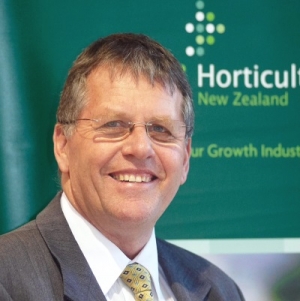EVERY MOVE to slow the reform of the Resource Management Act makes business more uncertain for commercial fruit and vegetable growers.
Horticulture New Zealand (HortNZ) now fears for the future of growers all over the country who struggle with resource management issues hanging over their businesses every day.
"These are growers who tell us that complying with resource management issues for their businesses feels like a death by a thousand paper cuts," HortNZ president Julian Raine says.
"The announcements made by the Maori Party and Peter Dunne removing support for the reforms just show what the potential is in this country for the environment to be used as a political football."
HortNZ considers it is a core priority for growers to improve environmental practice, but believes the Resource Management Act (RMA) needs to do a better job of requiring councils to consider the full implications of their decisions on the whole society.
More collaboration is essential if money is not to be wasted in the courts and in consent processes.
"Simply too much cost is generated by resource consenting for things like water takes, building new packhouses, putting in seasonal accommodation facilities and defending a host of land use restrictions targeted at preserving the 'amenity' created by growers and farmers, that others enjoy.
"This affects their communities, their jobs, businesses, livelihoods and the viability of safe local food supply at a reasonable cost.
"Right now, the law does not require them to do this and we are seeing growers leave the industry demoralised and beaten by the way the law does not support them.
HortNZ is aware of growers who have spent hundreds of thousands on resource consents before they are granted, and of many who simply do not try because of the experience of others.
HortNZ uses 30% of the levy funding it raises from all commercial fruit and vegetable growers to represent grower interests in regional and district council planning.
Right now HortNZ is working on 48 different plans generated from councils, including awaiting a High Court decision on the Horizons Regional Council's 'One Plan'.
While HortNZ is happy to see environmental values recognised, often the same inclusiveness is not endorsed by environmental groups.
"This goes beyond environmental quality matters and strikes at the heart of creating jobs for kiwis and maintaining food production at a reasonable cost to the community," Raine says.



















